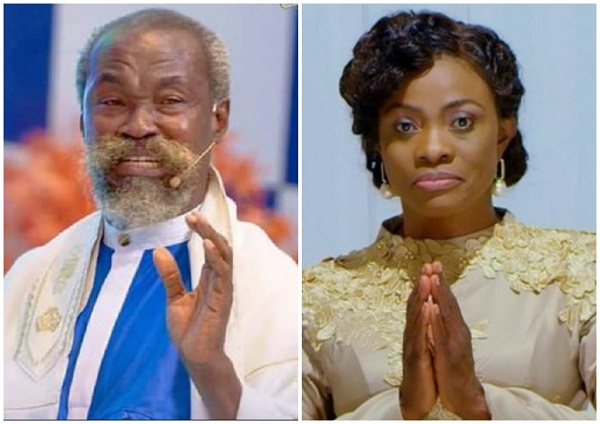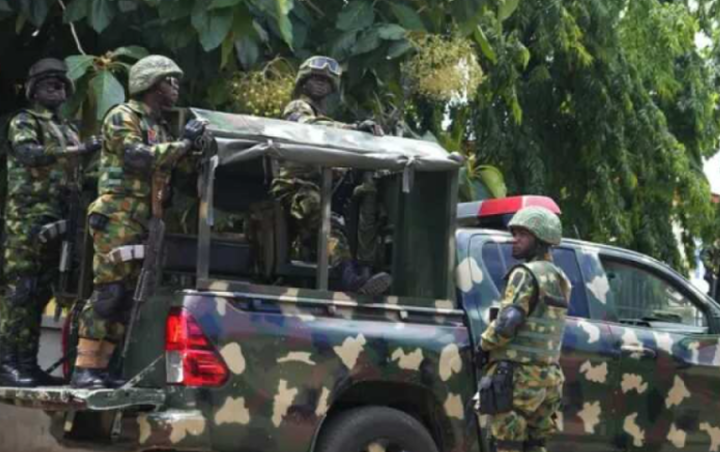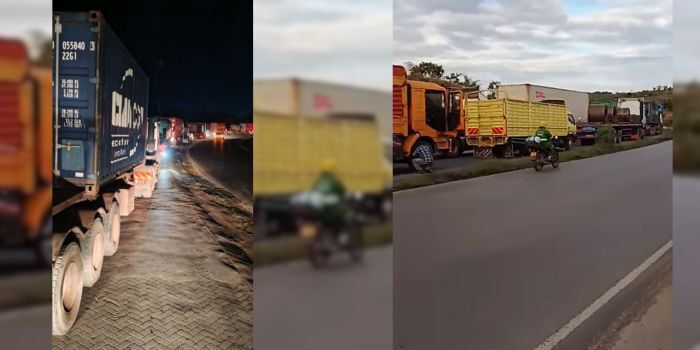EDITORIAL: ECOWAS at 50: Charting a compass for sturdier integration
West African leaders converged on Lagos on 28 May to commemorate the golden jubilee of the Economic Community of West African States (ECOWAS). It was deeply introspective and invariably a compass for the community’s trajectory in its efforts towards optimising the region’s potential to enhance the living standards of its people, the majority of whom belong to one of the world’s worst poverty-stricken belts.
President Bola Tinubu, the current chairman of the ECOWAS Authority of the Heads of State and Government, led the charge. Bilateral talks, back in the day, between Yakubu Gowon, the military head of state of Nigeria, and his Togolese counterpart, Gnassingbé Eyadema, later morphed into a union of 15-member nations on 28 May 1975 in Lagos. The attendant treaty was signed by Nigeria, Togo, Ghana, Burkina Faso, Guinea, Benin, Sierra Leone, Liberia, Mauritania, Côte d’Ivoire, The Gambia, Senegal and Guinea-Bissau.
Novel in Africa at the time, the regional bloc’s objective was clear and laudable: to foster economic integration. Economic cooperation among member-countries, to achieve “collective self-sufficiency,” became an article of faith. Protocols on the free movement of people, trade liberalisation, a common external tariff, inter-dependence, the promotion of human rights, social justice and good democratic governance subsequently sprung up to reinforce the economic fusion.
But this encountered significant challenges, especially in the context of the civil wars in Liberia and Sierra Leone, which lasted for 12 years, beginning from 1986. ECOWAS acted swiftly and effectively through military interventions, with Nigeria assuming a leadership role in restoring peace, law and order in the warring nations. At its formation, ECOWAS member states were for the most part run by military or one-party dictatorships. The prevailing political milieu, therefore, never provided the fertile soil for the ECOWAS seed to germinate rapidly.
The fratricidal conflicts in some member-nations served as early wake-up calls, and ECOWAS’ Cotonou Treaty of 1993 responded accordingly. It made for the strengthening of peace and security in the region. Also, the consensus to have a single currency – the ECO, for the ease of trade and deepening of economic integration, was forged there.
For ECOWAS, the free movement of people has undoubtedly been an effective mechanism that has helped to sustain the push for increased economic/trade ties among member-states. Many youths are in different countries in the region, building their dreams. For instance, while Nigerian traders and students constitute a major demography in Ghana, tradesmen or artisans from Togo – tillers, plumbers, Plaster of Paris (POP) makers – have taken Nigeria’s construction sector by storm.
Besides Liberia and Sierra Leone, where the ECOWAS stand-by force – ECOMOG – proved its mettle, military stabilisation forces have been active in The Gambia, Cote d’Ivoire and Guinea Bissau in the defence of democracy. For instance, Yahya Jammeh of The Gambia was forced out of office, after he refused to accept defeat in a 2017 presidential election won by Adama Barrow.
Mali was in trouble in 2012, when a coup there provided the basis for splinter armed groups to overrun its northern part. ECOWAS stepped in to fight the rebels in 2013 and provided leadership for the Africa International Support Mission in Mali (AFISMA). The regional bloc has not failed to impose severe sanctions on military juntas each time they reared their heads.
These strides, as laudable as they are, however, pale in comparison to the lofty goals of ECOWAS, espoused in either its Lagos Treaty or the revised Cotonou version of it. The volume of trade among member-nations at 12 per cent shows how real “economic integration” is still a far cry in the region, brought to more visibility by the wider intra-African transactions remaining at about 20 per cent. From the viewpoint of the President of ECOWAS, Omar Touray, in 2024, this is “extremely low.” It will stay so as constituent countries are steeped in import-dependency on Europe and the rest of the world, while equally being producers of primarily raw materials, instead of manufacturers of finished products, and yet being short on investments.
A major drag on the commission this past 50 years has been the weight of its colonial heritages in the Anglophone, Francophone and Lusophone blocs. The French-speaking nations, until the recent severance of three of them, have had a single monetary union with France – their colonial master, since independence. With their CFA Franc (XOF) tied to the French currency and their foreign reserves in France, they think less of the ECO, which remains in the realm of fantasy.
This sharply contrasts with the European Union (EU) paradigm, whose common currency, the Euro, was launched on 28 February 2002. The EU bloc officially took off on 1 November 1993, having evolved from the Maastricht Treaty of 1991.
ECOWAS has been instrumental in pushing member states to adopt a normative democratic order. The movement started with the 1981 Declaration of Political Principles that placed emphasis in the promotion of human rights and the rule of law. The 2001 Supplementary Protocol on Democracy and Good Governance established the principle of zero-tolerance for changes of government through unconstitutional means and, above all, made the preservation of multi-party democracy a condition for membership of the regional body.
This democratic order in West Africa has been recently threatened by the return of coups d’état in Guinea, Mali, Burkina Faso and Niger Republics. This poses an existential threat to the organisation, and indeed, last January, the 15-member organisation shrank to twelve. ECOWAS must stand firm against this attack on its democratic norms, and our collective effort should be focused on maintaining gains. This means the weakening of the democratic order in many of its countries through tenure elongation, and the rapidly eroding level-playing grounds for democracy must be urgently addressed to ensure incumbent governments stop the manipulation of the democratic order for their personal benefits.
At the same time, ECOWAS should continue to deepen the implementation of the protocol on the free movement of people, goods and services. This would show the members that have departed their mistake and hopefully push them into seeking to rejoin the organisation. It is salutary that the bloc continues its diplomatic engagements with them through President Bassirou Faye of Senegal. Currently, the Sahel remains the epicentre of terrorism and a toxic channel for the influx of small arms and light weapons into Nigeria and the other coastal States.
Other challenges exist. Nigeria-Ghana relations are sometimes undermined by attacks on Nigerian traders by Ghanaians, some of these physically, and the destruction of their wares. More so, in 2018, the Ghanaian government made a law requiring any foreigner wishing to trade in the country to show evidence of a $300,000 deposit in his or her company’s bank account. The Ghana Union of Trade Associations forced their government into this injudicious act, which is a clear effort at protectionism, which obviously stands against all that ECOWAS represents.
Mr Tinubu was, therefore, spot on as ECOWAS chairman when he said: “As we look to the next 50 years, let us renew our pact with one another, with courage, clarity and conviction.” It is in the interest of member states to adhere to this admonition.










